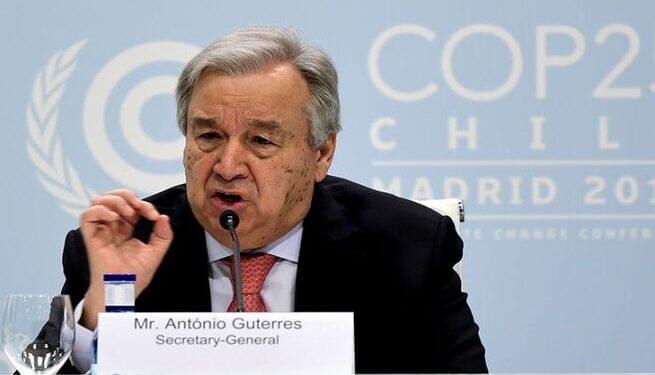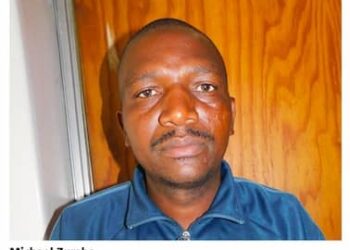United Nations (UN) Secretary-General Antonio Guterres is concerned about the arrest of electoral observers, reports of voter intimidation, and threats of violence in the aftermath of presidential elections in Zimbabwe.
“The Secretary-General calls on political leaders and their supporters to reject any and all forms of violence, threats of violence, or incitement to violence, and to ensure that human rights and the rule of law are fully respected,” a UN statement said.
Guterres sought peaceful settlement of any disputes “through established legal and institutional channels.”
He urged resolutions “in a fair, expeditious, and transparent manner to ensure that the (election) results are a true reflection of the will of the people.”
Zimbabweans went to the polls last Wednesday, but voting had to be extended into Thursday in some areas, including the capital, Harare, due to a lack of ballot papers.
President Emmerson Mnangagwa secured a second five-year term after the poll body announced results late on Saturday.
His party, ZANU-PF, has been in power since 1980, following the end of white minority rule in the country.
Mnangagwa, 80, received over 52 percent of the vote, while opposition candidate Nelson Chamisa, 45, received 44 percent.
Chamisa’s party, Citizens Coalition for Change, has rejected the results of the elections marred by a “gigantic fraud.”
“We will not wait for five years. There has to be a change now,” Chamisa told reporters on Sunday.
Some election observers have alleged that police raided their data centers, saying they were being harassed to prevent them from independently verifying the results.
European Union (EU) observers said Zimbabwean voters could not make free and informed choices despite the “generally calm atmosphere” on the election day.
“Curtailed rights and lack of level playing field led to an environment that was not always conducive to voters making a free and informed choice,” the head of the EU’s observer mission, Fabio Massimo Castaldo, said.
But the joint mission of the African Union (AU) and the Common Market for East and South Africa (Comesa) called the elections “transparent.”
However, they regretted the elections did not comply with the constitutional requirements for various reasons, including the failure of the Zimbabwe Electoral Commission to provide the opposition with the voter list on time.
Human rights groups have alleged that the authorities adopted repressive laws and used intimidation and violence against the opposition, while the partisan conduct by police further undermined the electoral process.
“The authorities have weaponized the criminal justice system against the ruling party’s opponents,” an HRW report said Thursday.
Source MyZimbabwe









